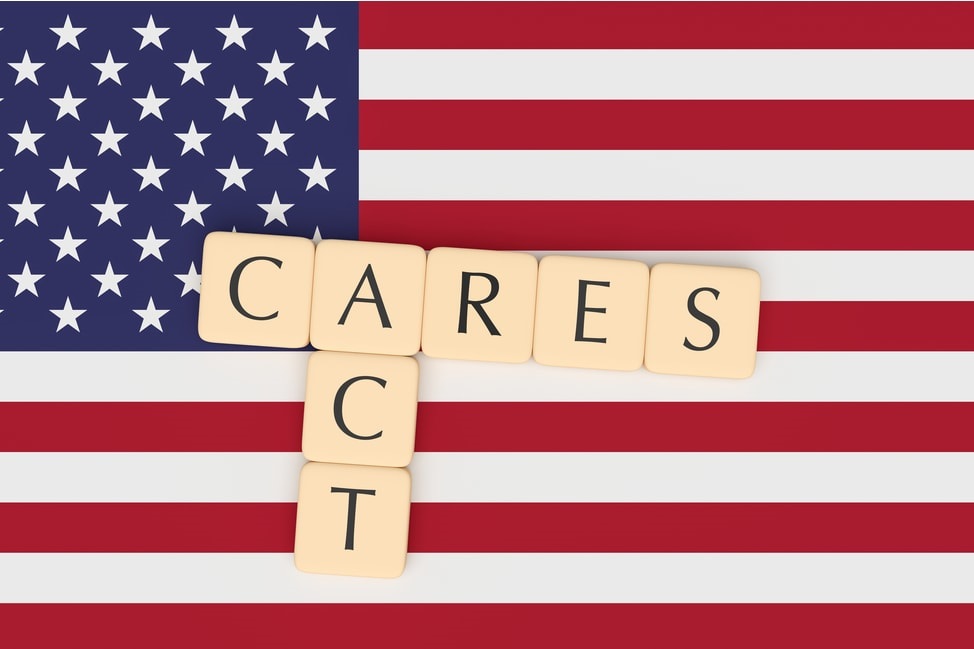
The United States has been clobbered by the impact of Covid-19 and its associated economic effects. To provide some relief, the government has implemented a myriad of programs which are likely to have broad reach, including the points outlined here. Most relevant to our clients is the Coronavirus Aid, Relief, and Economic Security (CARES) Act, signed into law last week. CARES provides more flexibility with regards to both contributions to and distributions from retirement accounts, which may necessitate a review of your current plans.
IRA Contribution Deadline Extended
The IRS has extended the 2019 tax filing due date, and consequently, the 2019 IRA contribution deadlines have been changed from April 15 to July 15, 2020. Savers will have extra time to deposit money into an IRA or Roth IRA if they choose to take advantage of the tax-filing extension. Beware that if you file before July 15, your contribution needs to be made by your filing time. Make sure the contribution is coded as a prior year contribution by your custodian.
2020 Required Minimum Distributions Waived
Required minimum distributions from IRAs (including inherited IRAs) and employer retirement plans have been waived for 2020. You may still take distributions from your retirement accounts, but there is not a required amount this year.
Those account holders who turned 70 ½ in 2019 and were due to take their first RMD last year, but held off until April of this year as allowed by law, will in essence be able to suspend two RMDs (2019 and 2020).
Already Taken Your RMD?
Many of you take monthly distributions throughout the year to satisfy your annual required minimum distribution. By now, you will have taken one quarter of your 2020 RMD. The CARES Act provides for these distributions to be returned to the retirement account, within a 60-day period. This could be beneficial for those of you who don’t need the withdrawals to fund living expenses.
If the withdrawal occurred within the last 60 days, you may treat it as a rollover and make a deposit equal to the amount withdrawn in that period. If taxes were withheld at the time of distribution, you will need to return the total amount distributed which includes the taxes withheld.
This rollover option unfortunately does not apply to beneficiaries who have already taken their distribution from an inherited IRA.
IRA Distributions
The CARES Act allows “qualified individuals” to take Coronavirus-related distributions in 2020 up to $100,000 from IRAs and/or employer-sponsored retirement plans. A qualified individual is one who:
- Has been diagnosed with COVID-19;
- Has a spouse or dependent who has been diagnosed with COVID-19;
- Experiences adverse financial consequences as a result of being quarantined, furloughed, being laid off, or having work hours reduced because of the disease;
- Is unable to work because they lack childcare as a result of the disease;
- Owns a business that has closed or operates under reduced hours because of the disease; or
- Meets some other reason that the IRS decides to say is OK.
These Coronavirus-related distributions are exempt from the 10% early withdrawal penalty (if applicable), not subject to mandatory tax withholding and are eligible to be rolled back into the retirement account within three years. Withdrawals are subject to income tax but the distribution can be treated as taken over three years. If you ultimately return the money to the account within three years, it is important to remember to file an amended tax return.
Many details of the CARES Act have yet to be released. As they are, we will update our post in an effort to help you navigate the changing landscape.